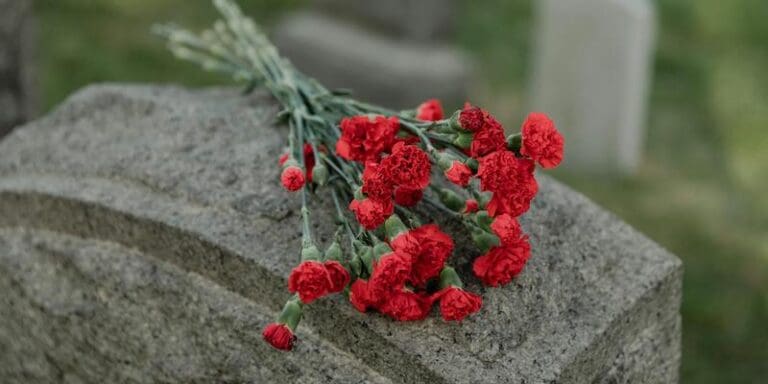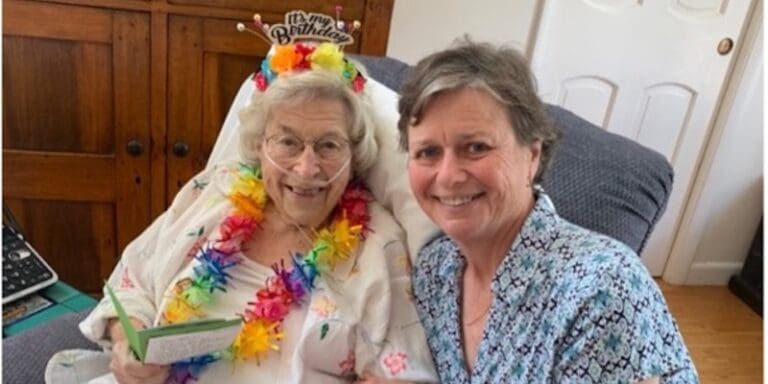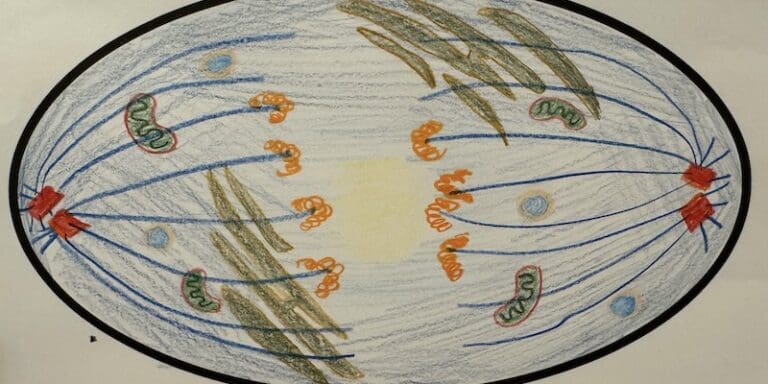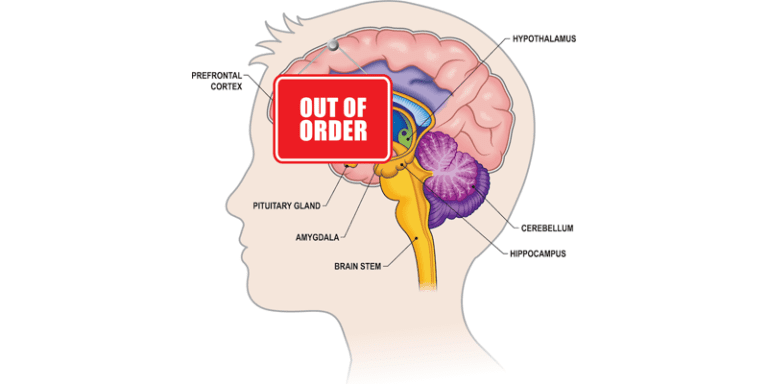Posts by Amy Givler, MD
A Tribute to My Brother, Now Gone
Three months of thoughtful reflection later, I’m now utterly convinced of the brevity of life. Life is fragile and precious. People deserve my time. Every minute counts.
Read MoreWhy You Need Church
A 2023 report by Pew Research Center reported that 13 percent of Americans reported attending in-person worship services in the summer of 2020. I was not one of them. Until we had a vaccine, I did not want people gathering in groups.
Read MoreHow Long is Grief?
How long is grief? I guess what I’m really asking is, “Does grief ever end?”
Read MoreThe 100th Birthday Party
Permit me to humbly suggest the following: If you are ever invited to a 100th birthday party, consider attending. And if the centenarian is one of your dearly departed mother’s most treasured friends, do whatever you can to attend.
Read MoreNot Progressive, Not Conservative, But Christian
Whenever I hear the word “polarization,” I can’t help but think of cell division. Specifically? Anaphase, which perhaps you remember from high school biology. All the organelles have been doubled and are bunched at the edges—in moments it will split down the middle and become two cells.
Read MoreVulnerable Brains: Marijuana, Adolescents, and Schizophrenia
I’m not grieving—I welcome growing older. Age has its advantages: Fewer emotional roller coasters, for one. For another, I’m better able to articulate my thoughts. And my body hasn’t betrayed me (yet).
Read MoreIt Isn’t Hate to Speak the Truth
I am one of those parents who didn’t let her daughter (though she begged and begged) read the Harry Potter book series when she was 10…and 11…and 12. Even though her friends were reading them. Even though the whole world seemed crazy about them, and she was an avid reader.
Read MorePrecious in God’s Sight
When I was a child—maybe six, maybe seven—I went through a phase of suspecting the entire world existed as a massive play with one star—me. That is, I was the main actor and the rest of humanity played supporting roles. That is, the universe revolved around me. That is, I was all ego.
Read MoreWith Justice for All
Let me introduce you to Aidah. She worked in our home (our “inside worker”) during the eight months our family lived in Kenya in 2003/2004. Don and I worked at Tenwek Mission Hospital as family physicians, and our three children attended elementary and middle school at nearby Rift Valley Academy. She helped me buy food and cook it, and she kept our house clean. Aidah was our backbone. She was a rock.
Read MoreDon’t Use Ice Picks for Brain Surgery
The first time I ever heard of a lobotomy was in the early 1980s. I was a medical student, but I didn’t learn about it in class. Instead, I was in a darkened room with a bunch of other family members, watching a family home movie filmed 30 years earlier. The scene was some kind of a garden party, and in the midst of the lively antics of my parents, their siblings and my great-aunts and great-uncles, there was a late middle-aged woman who just…stood there. Eventually someone took her arm and led her to a chair where she just…sat there. Completely still, no facial expression, no interaction with anyone else.
Read MoreSpeaking Words of Wisdom
Do you remember your high school, college or medical/dental school graduation? Probably a bit, I suppose, but if you’re like me, those days are a bit of a blur. How about the graduation speaker at each of those events? Do you remember what was said?
Read MoreMy Comforter, My All In All
Blankets and quilts are nice, but for cozy wonderfulness on a chilly winter night, give me a comforter every time. A comforter is an old word, but it refers to a particular piece of bedding. Big and puffy, comforters have soft fabric on both sides of a fluffy interior. In addition to warmth, comforters provide…well…comfort.
Read MoreAvoiding Burnout
Apparently, Medscape does a yearly survey on physician burnout, and the one that just came out asked 13,000 physicians from 29 specialties about their personal experience with stress and signs of burnout. Being in the midst of a global pandemic, it won’t surprise anyone that burnout rates are rising.
Read More




